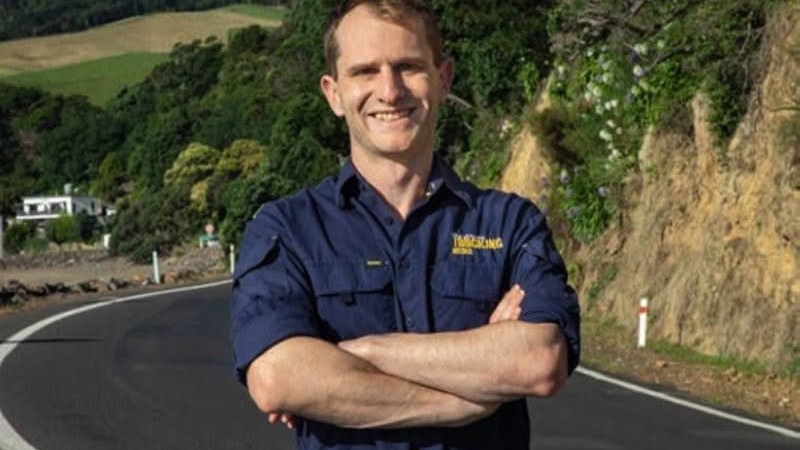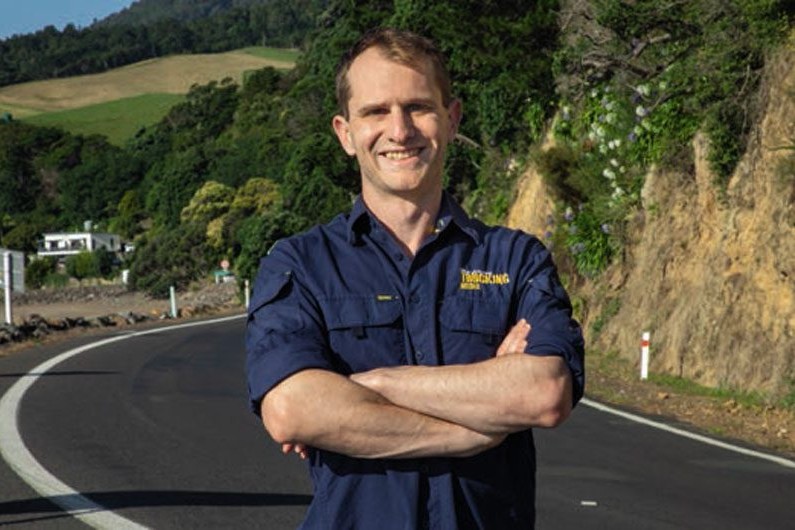
While I’d already had the topic in mind, my editorial last week about a seeming increase in driver aggression and road rage came in the wake of a fatal stabbing on an Auckland bus earlier in the week. I’d considered combining the topics in a sort of “What’s going on with society?” type of rant, but considering many details about the bus attack were still unclear, I thought addressing them separately would be best.
It later transpired the attacker handed himself in and may have been known to the victim. In the week since we’ve also learnt that public transport in Auckland is suffering from disappointingly high rates of ‘security and emergency incidents’.
It was reported yesterday that in the year ended August, Auckland Transport dealt with an average of more than 93 incidents a week – more than 83 on trains, nine on buses and two on ferries. In August, a record high of 90 cases of assault, disorderly behaviour and robbery/theft were reported in the train network. There were 33 attacks on bus drivers in the first half of the year, up on the previous two halves, while passengers have suffered muggings, assaults and attacks, and racial confrontations.
Of course, Auckland Transport, Mayor Wayne Brown, the minister of transport and driver unions have all condemned the situation. Attacks on public transport are not unique to Auckland; they happen in cities worldwide and have happened elsewhere in the country. That Auckland would suffer most in the local context is just a matter of scale, given the city’s size.
Yet to say this is all saddening and unacceptable is an understatement. Yes, providers of these services should do all they can to ensure the safety of operators and users, and it would appear steps are being taken to safeguard drivers and educate passengers. But it’s not a public transport issue. Looking at the bigger picture is far more worrying; a deeper societal issue is at play that is critical to address.
I wrote an editorial some 18 months ago – in the wake of a spate of crime following Cyclone Gabrielle – in which I said we, as a society, need a renewed respect for the law. I suggested, too, that while society had clearly changed, law enforcement also needed to change. The days of treating your fellow citizens decently and fearing the consequences otherwise were seemingly gone.
I still feel that’s true, that we need greater levels of law enforcement and harsher penalties. But that’s all purely reactive. How this ugly element in the pit of society can be addressed is another matter entirely and one that needs sustained, concerted effort from all levels.
I believe that most people want the same thing in life: to just get on with their day, put food on the table and create a good life for themselves and their families. But as for the rest, it begs the question, what’s happening with society?
Take care out there,
Gavin Myers
Editor
Read more
Keeping up with the times
0 Comments4 Minutes
In the weeds
1 Comment4 Minutes
The energy to continue
0 Comments4 Minutes





Many thanks, Gavin – I value your thought-provoking editorials. By way of agreeing with you, I’d like to try to unpick one of your comments : “That Auckland would suffer most in the local context is just a matter of scale, given the city’s size.”
The most important phrase in there is not, IMHO, “just a matter of scale,” but “local context”. I’m familiar with Hamburg, northern Germany, a city of 1.8 million or a touch larger than Auckland. However Hamburg has a public transport system that conveys a mind-blowing churn of citizens and visitors almost 24/7 who, I guess, would outnumber those in Auckland by 50 to 1.
But in riding their buses, trains and undergrounds over several years I never once saw or even heard of an incident such as you are reporting here. Sure, they must happen, but the vast Hamburg system runs smoothly with a minimum of staff and security. Which to me points to a very different cause than urban size.
And in turn that rather supports your closing comment that, important as law enforcement and stiff penalties are, they are still “reactive.” And a true solution “needs sustained, concerted effort from all levels.” That, dare I say it, may include all of us having a sustained, concerted look in the mirror.